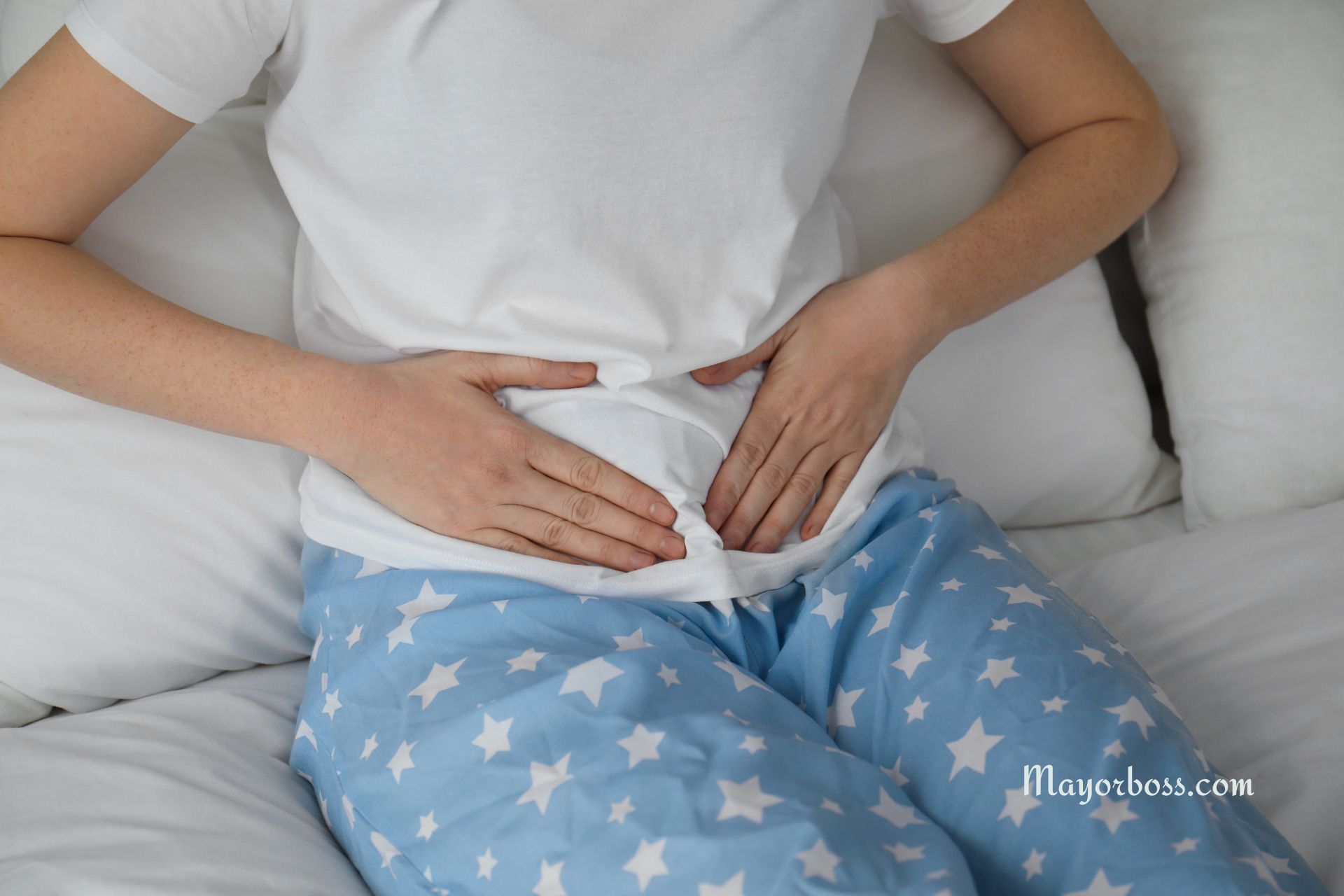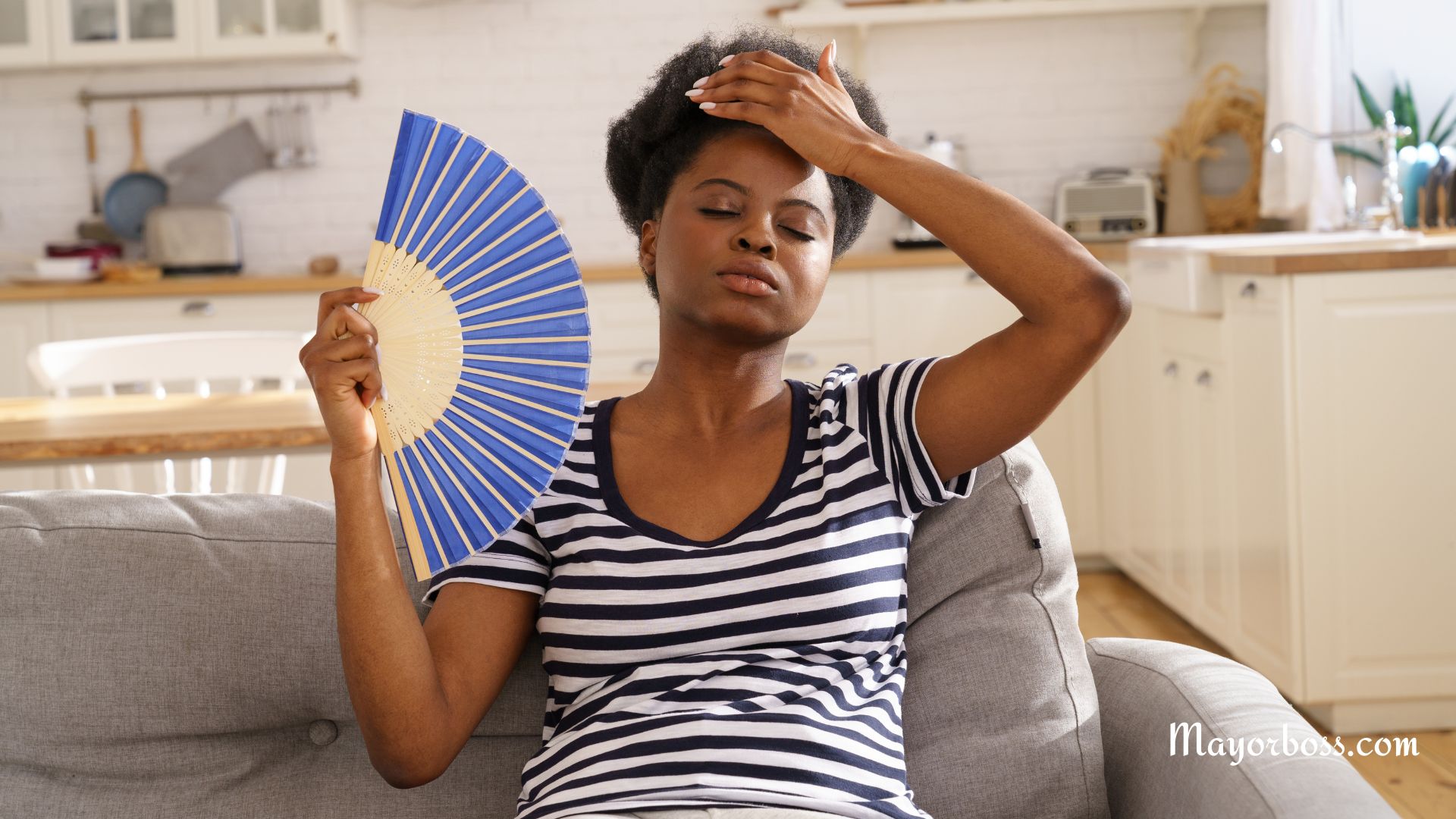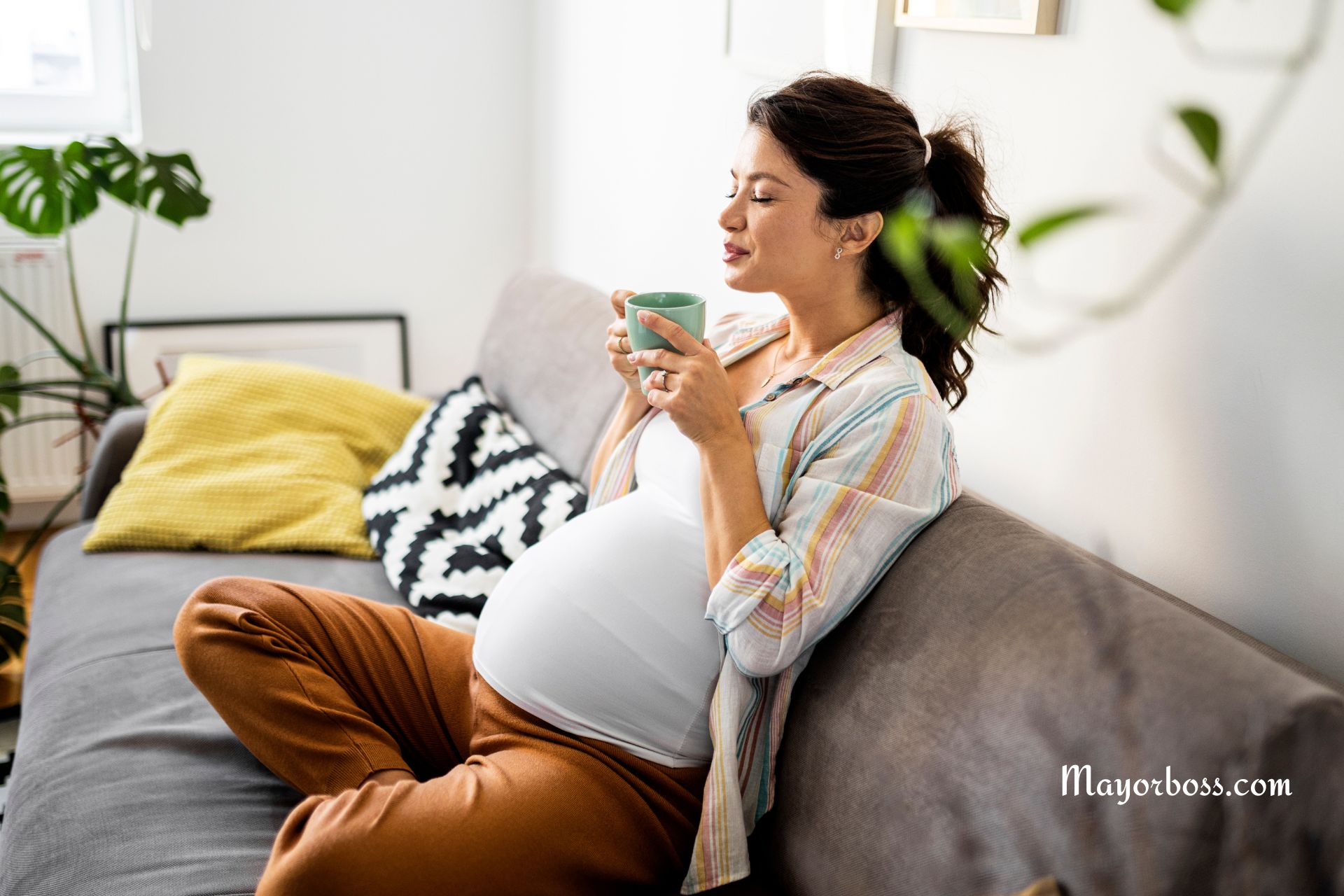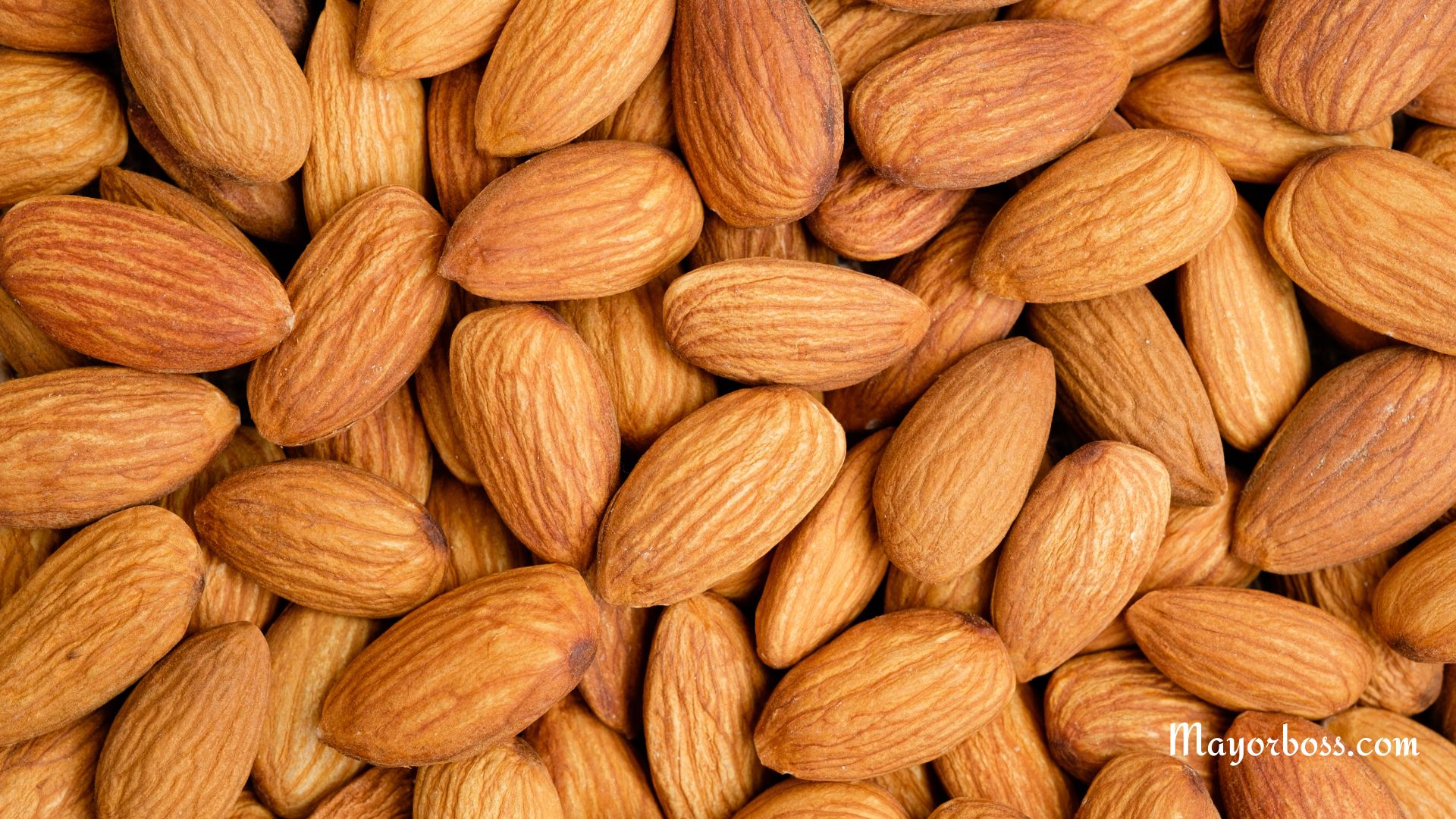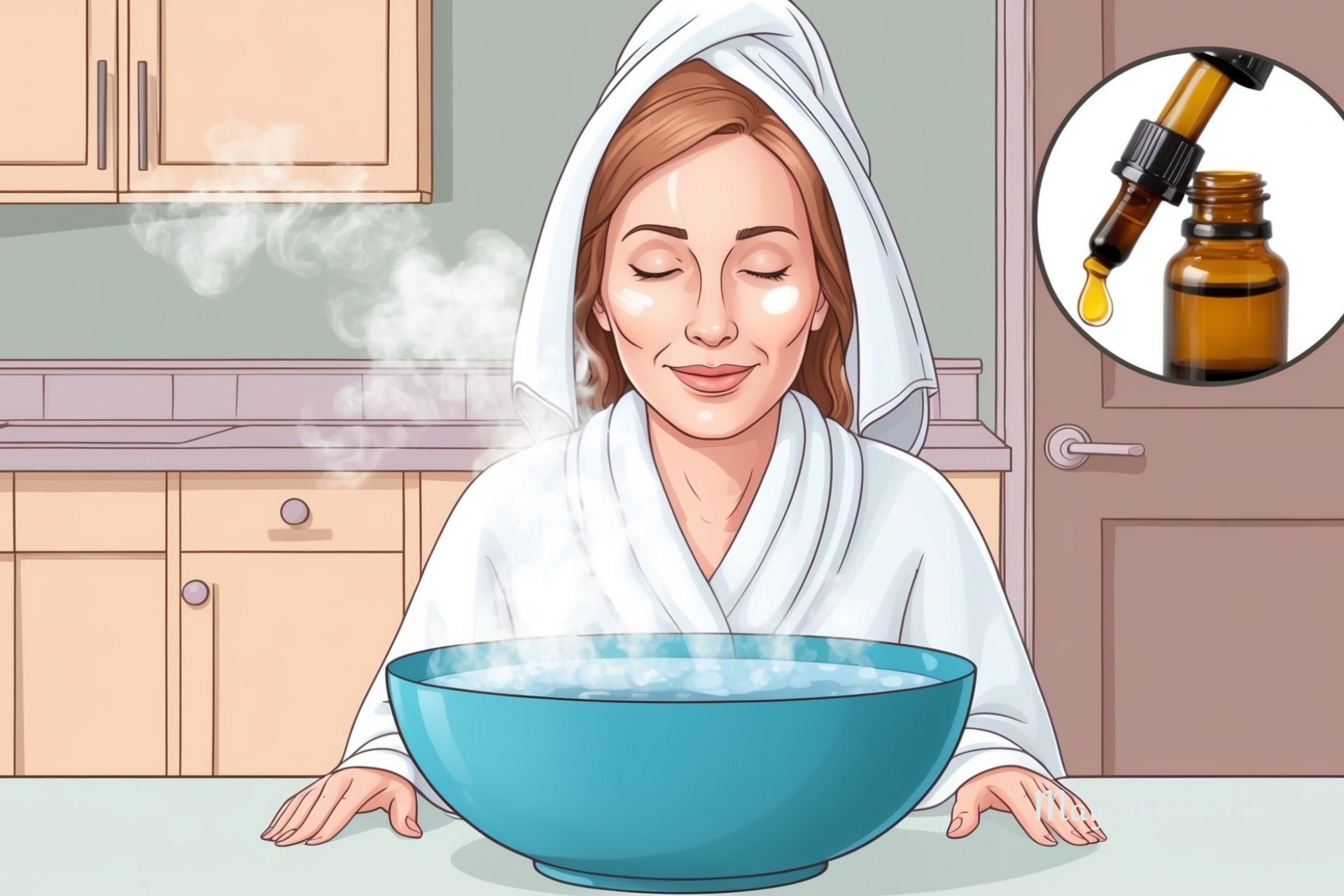What It Means When Your Poop Doesn’t Smell
When it comes to poop, you probably don’t think much about the smell—or when there isn’t any smell at all. But just like any other part of your health, the smell (or lack of it) can tell you something about what’s happening inside your body.
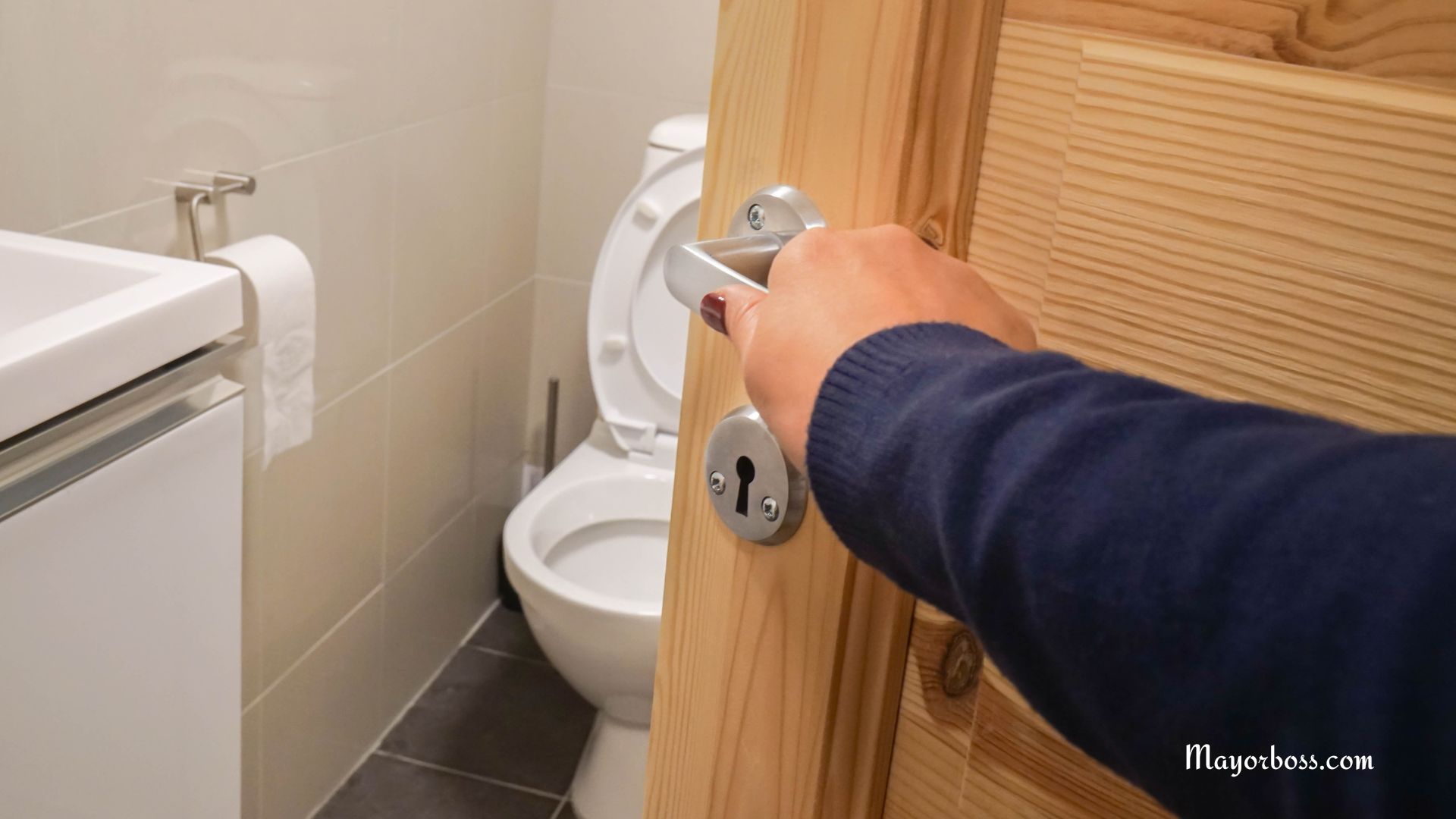
What Makes Poop Smell?
Most of the time, poop has a strong smell. This is because bacteria are breaking down the food you eat. When your body digests food, it breaks down proteins and carbs into different compounds like indoles, skatoles, and sulfur-based gases. These compounds are what give poop that strong, unpleasant odor.
Certain bacteria in your gut produce these compounds when they break down food. Foods high in sulfur—like eggs, onions, and meats—can make your poop smell even stronger. Usually, healthy poop will have some kind of odor because it’s just part of your body getting rid of waste.
When Your Poop Doesn’t Smell At All
So, what if your poop doesn’t have much of a smell or any smell at all? Believe it or not, having poop without any smell is not always a good thing. Here are some possible reasons why your poop might not smell:
- Low Fiber or Protein in Your Diet: If you aren’t eating enough fiber or protein, there may not be much for the bacteria in your gut to break down and create gases. A low-fiber diet can mean smaller and less smelly poop.
- Changes in Your Gut Bacteria: Your gut is home to trillions of bacteria that help with digestion and keep you healthy. If something changes—like an illness, medication, or stress—it can affect your gut bacteria and make your poop have less of a smell. This change could mean your digestive system isn’t working as well or that the balance of bacteria in your gut is different.
- More Water in Your Poop: Sometimes, poop without a strong smell is because of more water in your stool. When there’s more water, waste moves through the body faster and doesn’t have as much time to develop an odor.
Could Odorless Poop Mean a Health Problem?
While poop without much smell isn’t as concerning as very smelly poop, it’s still important to know when it could be a sign of a health issue.
- Problems Absorbing Nutrients: If your poop doesn’t smell at all, and it happens often, it might mean your body isn’t absorbing nutrients well. Problems like celiac disease or pancreatic issues can make your poop pale, odorless, or unusually light because food is moving through too quickly or nutrients aren’t getting absorbed properly.
- Infection or Gut Bacteria Imbalance: The good bacteria in your gut help with digestion, which is part of why poop has a smell. If you have an infection or an imbalance in your gut bacteria, it could lead to poop that doesn’t smell.
- Medications and Antibiotics: If you’re taking antibiotics, it can change your gut bacteria. Antibiotics kill harmful bacteria, but they can also kill the good ones, which can lead to changes in your poop’s smell. Less bacteria activity can mean less smell.
When Should You See a Doctor?
Having poop without a smell every now and then is usually not a big deal, especially if you’ve changed your diet or are on medication. But if it keeps happening and you have other symptoms, like stomach pain, weight loss, or changes in how your poop looks, it might be time to see a doctor.
- Other Symptoms of Malabsorption: If your poop doesn’t smell and you also have bloating, diarrhea, or feel really tired, talk to your doctor. These could be signs of a problem with absorbing nutrients.
- Sudden Changes in Bowel Habits: If your poop changes for more than a few days—like being odorless all the time or changing color—you should see a doctor. It’s important to check for any hidden health problems that might be affecting your gut.
How to Keep Your Gut Healthy
Having a healthy gut is important for making sure your poop looks, smells, and moves through your body the way it should. Here are some tips for keeping your digestive system in good shape:
- Eat a Balanced Diet: Eating lots of fiber from fruits, vegetables, and whole grains helps keep your poop regular. Fiber helps make poop bulkier and keeps the good bacteria in your gut healthy, which also affects the smell.
- Drink Plenty of Water: Water is really important for digestion. Staying hydrated helps waste move smoothly through your digestive tract, which can prevent constipation or diarrhea.
- Take Probiotics: Probiotics can help keep the balance of good bacteria in your gut. You can find probiotics in foods like yogurt, kefir, and fermented vegetables. You can also take a probiotic supplement if your doctor recommends it.
- Avoid Unnecessary Antibiotics: Taking antibiotics when you don’t need them can change the balance of bacteria in your gut. Only take antibiotics if your doctor tells you to, and ask about taking probiotics to help keep your gut healthy.
- Eat Less Processed Food: Processed foods usually don’t have the nutrients your gut needs to stay healthy. Eating more whole foods helps keep your gut working well and supports the bacteria that help with digestion and odor.
The Bottom Line on Odorless Poop
Having poop that doesn’t smell every once in a while is usually nothing to worry about. But if it keeps happening, it’s a good idea to take a closer look at your diet and digestive health. The bacteria in your gut are important for the smell of your poop and how well your body digests and absorbs nutrients.
If you have other symptoms along with odorless poop, you should see a doctor to make sure nothing else is wrong. Paying attention to changes in your poop—like smell, color, and how it looks—can help you keep track of your overall health.

